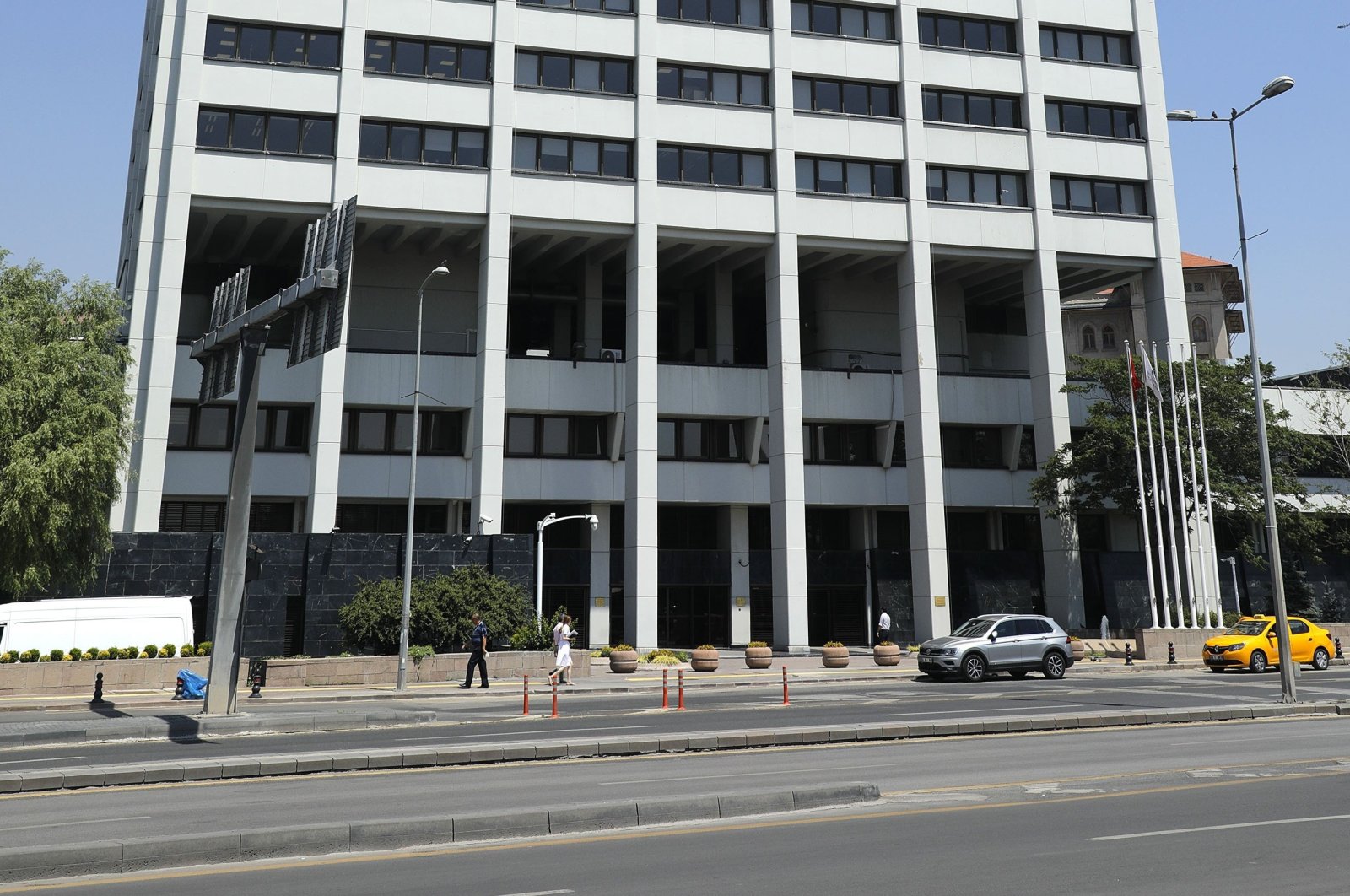Turkish economy expanded by 2% in Q1
Türkiye’s economy registered a moderate growth in the first quarter of the year, official data showed on Friday, amid a tight domestic monetary policy.
The gross domestic product (GDP) expanded by 2% in the January-March period compared to a year ago, the Turkish Statistical Institute (TurkStat) said.
Compared to the previous quarter, the economy grew 1.0% on a seasonally and calendar-adjusted basis, the data showed.
Estimates in market surveys for the annual growth ranged from 2.17% to 2.3%.
Treasury and Finance Minister Mehmet Şimşek said disinflation remained on track while the economy showed moderate growth, with a balanced outlook between consumption and investment.
“Preliminary indicators for the second quarter suggest economic activity is continuing at a moderate pace” Şimşek wrote on the social media platform X.
“We are rapidly deploying a comprehensive set of measures to mitigate potential adverse effects in the disinflation process while supporting growth, employment and exports,” he later said in a statement.
GDP at current prices soared 36.7% to TL 12.12 trillion ($335.5 billion) in January-March compared to the same period last year, TurkStat said.
Türkiye’s economy had grown 3.0% year-over-year in the fourth quarter of 2024, bringing full-year growth to 3.2% and exceeding forecasts despite the burden of high interest rates.
Economists forecast an expansion of 3% in 2025 as a whole, slightly lower than last year, reflecting the effects of monetary tightening.
In December, the Central Bank of the Republic of Türkiye (CBRT) started an easing cycle after having kept the main policy rate steady at 50% for eight months.
Inflation has dipped to below 38% from as high as 75% last May.
In April, the central bank hiked its policy rate by 350 basis points and raised the lending rate to 49% in response to market volatility following the arrest of Istanbul Mayor Ekrem Imamoğlu.
Imamoğlu was arrested in late March on corruption charges, pending a trial.
Private consumption
Data from TurkStat showed a 7.3% growth in the construction field, 6.1% in information and communication and 4.7% in other service activities.
In a note evaluating the growth data, Bürümcekçi Research and Consultancy said private consumption continued to provide the main contribution to growth.
“According to the expenditure‐based GDP data, in Q1 private consumption, investment and stock accumulation pushed growth up, while net external demand weighed it down,” it said.
“When we look at the near-term outlook for growth, leading signals indicate a moderate loss of momentum in GDP growth in the second quarter,” it added.
Stocks have been experiencing significant volatility in recent weeks due to the Trump administration’s erratic tariff decisions and the broader global uncertainty stemming from U.S. trade policies.
Separately, the central bank said on Friday that the recent tightening of its monetary stance and declining inflation had a positive impact on interest in Turkish lira-denominated assets.
The measures taken amid recent market turbulence have limited impact on Türkiye’s sovereign risk premium, the bank said in its biannual Financial Stability Report.
Despite tightening financial conditions, the bank said the deterioration in banks’ asset quality had been limited. It said banks’ balance sheets remained resilient against potential financial risks.
CBRT Governor Fatih Karahan said recent developments in financial markets and a rise in funding costs were expected to have a limited impact on banks’ balance sheets and profitability outlook.




